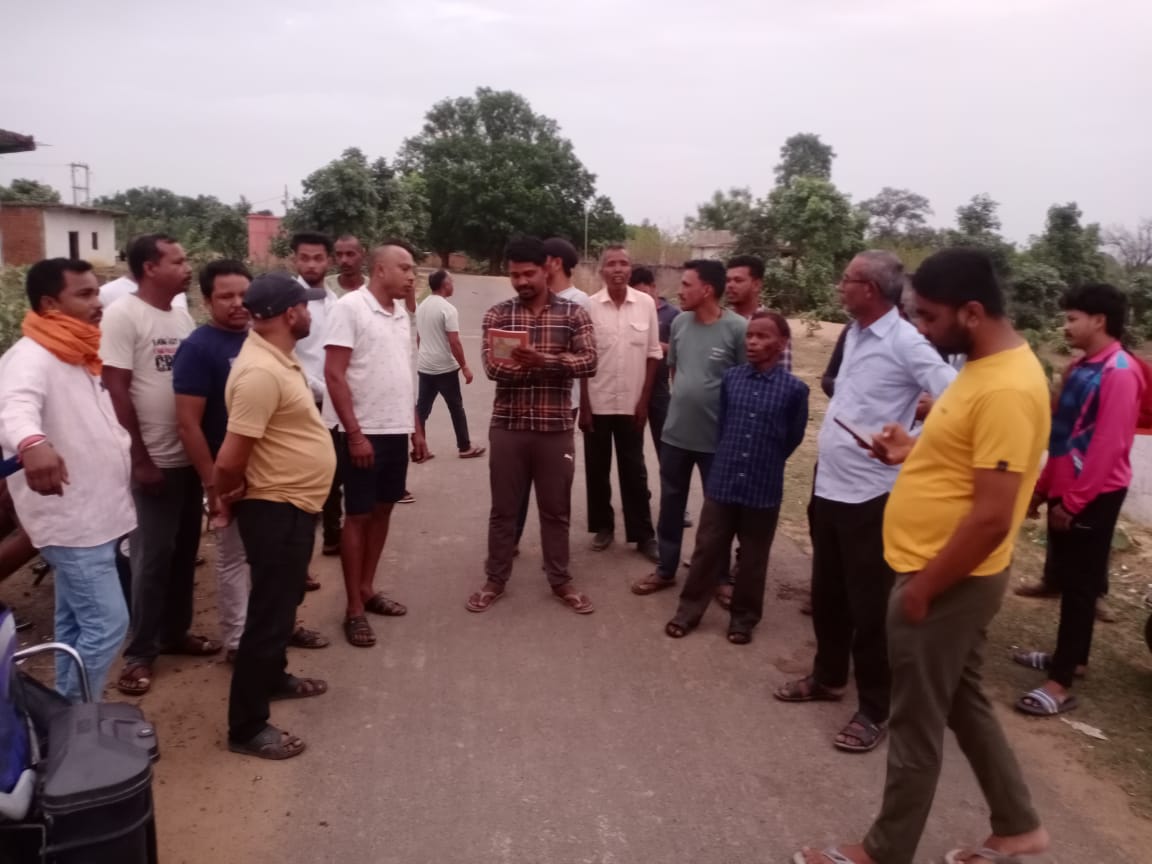Civil society organisations, people’s movements, and individual activists have submitted a detailed appeal to banks, urging them to withhold investment in the proposed Anuppur Thermal Power Project in Madhya Pradesh. The plant is being developed by Adani Power Limited through its subsidiary. The submission draws attention to serious environmental, social, and financial risks that such a large coal-based project may entail, and calls on financial institutions to act in a manner that is consistent with sustainability and long-term public interest.
The appeal begins by reminding banks of their role as custodians of public money and their own stated commitments to sustainable development and responsible financing. The signatories argue that channeling funds into coal-based power projects could expose banks not only to reputational and financial risks but also to broader questions about alignment with India’s climate goals. The letter notes that while financial closure for the project has not yet been achieved, any potential involvement of banks at this stage would represent an endorsement of a project that has already faced challenges on environmental and social grounds.
Much of the concern revolves around the fragile ecological setting of Anuppur district. The proposed project site lies close to several reserved forests and is within reach of wildlife corridors that link to Bandhavgarh Tiger Reserve and other sanctuaries. The submission warns that the plant could fragment habitats, affect biodiversity, and increase human–wildlife conflict in an already sensitive landscape. Environmental risks are also linked to the expected emissions of greenhouse gases and other pollutants, as well as to the generation and disposal of fly ash, which could have long-lasting impacts on air, soil, and water.
The issue of water use is also raised as a pressing concern. The project plans to draw large volumes of water from the Son river, a resource already stretched by multiple industrial and power projects in the district. Civil society groups caution that diverting such a quantity of water could reduce availability for farmers and local communities, directly affecting agriculture and food security in the region.
Equally important are the social and livelihood questions tied to land acquisition and displacement. Farmers from villages such as Chhatai, Umrada, Majhtoliya, and Tarsili gave up land more than a decade ago with the expectation of jobs, education, and community benefits.The signatories point out, these commitments remain unfulfilled, leaving affected families without land, secure livelihoods, or the promised opportunities. The letter also highlights that the area falls under the PESA Act, which requires that gram sabhas be fully consulted, yet communities allege that public hearings have taken place without adequate information or participation.
The appeal concludes with a strong reminder to banks that their choices shape not only financial outcomes but also the social and ecological landscape of the country.
This appeal has been endorsed by a wide range of nearly 100 organisations and individuals including the Asian Peoples Movement on Debt and Development (APMDD); Rajkumar Sinha of Bargi Bandh Visthapit Evam Prabhavit Sangh, Jabalpur; Bharat Patel of Machimar Adhikar Sangharsh Sangathan (MASS) in Gujarat; Soumya Datta of the Movement for Advancing Understanding on Sustainability and Mutuality (MAUSAM) in Delhi; Alok Shukla of Chhattisgarh Bachao Andolan; Umesh Tiwari of Roko Thoko Andolan in Madhya Pradesh; Rajesh Ramakrishnan of Campaign to Defend Nature and People (CDNP); Vipin Patel of Consortium of Indian Farmers Associations (CIFA) in Gujarat; Vijay Javandhiya of Shetkari Kisan Sangathan, Vidarbha; Arvind Murti of Indian Community Activist Network (ICAN), Uttar Pradesh, Centre for Financial Accountability (CFA), and Financial Accountability Network India (FAN India).
Together, these voices from across regions and sectors call upon the banking community to act prudently and responsibly, withholding investment from a project that they point out carries unacceptable risks for people, the environment, and the future of India’s financial system.
Centre for Financial Accountability is now on Telegram and WhatsApp. Click here to join our Telegram channel and click here to join our WhatsApp channel, and stay tuned to the latest updates and insights on the economy and finance.

